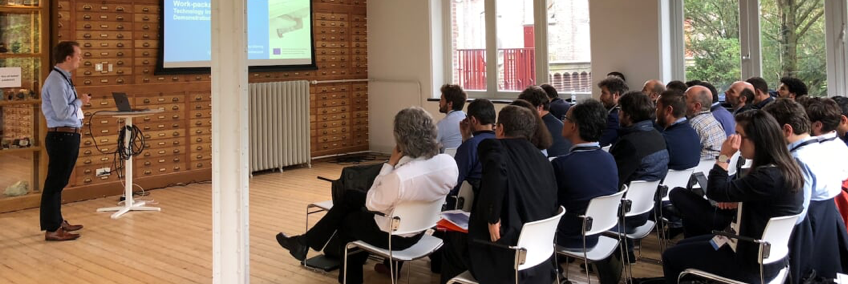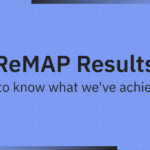Fleet Health Field Test
Bruno Santos: “For the first time, the use of health diagnostics and prognostics from dissimilar aircraft systems and structures will be used to create real-time adaptive maintenance plans, following appropriate regulations. A fleet level approach will be followed, since the potential of condition based maintenance (CBM) can only be achieved by monitoring the health of all aircraft in a fleet, managing maintenance resources and operational needs. The reliability and safety of the resulting Integrated Fleet Health Management (IFHM) solution will be investigated in a 6-month field test.”
New techniques
All available data from the aircraft system and structures as well as other external data must come together in one IT platform. The ReMAP-team will define and build that. Sensors will be developed to monitor the structural integrity of airplanes. Machine-learning methods will be used to develop the new diagnostic and prognostic algorithms as well as the fleet maintenance management decision support tool. “The idea of condition-based maintenance is not new,” says Bruno Santos, “but its application in aviation is minimal. Now there is no roadmap for its implementation. We want to provide this roadmap and prove that the current safety level can be maintained or even improved.”
ReMAP players
ReMAP involves aircraft manufacturers (Airbus, Embraer SA), worldwide systems suppliers (Thales, UTAS), a major airline and MRO (KLM), aerostructures suppliers (EMB, OPT), SMEs who develop sensor technologies (CTEC, STEC), renowned research centres (UTRCI, ONERA), and four universities (ENSAM, TUD, UC, UPAT), an IT services corporation (ATOS), and a technology transfer institute (IPN). This collaboration guarantees the consolidation of innovative technologies and catalyses future developments towards the exploitation and commercial use of these technologies.






